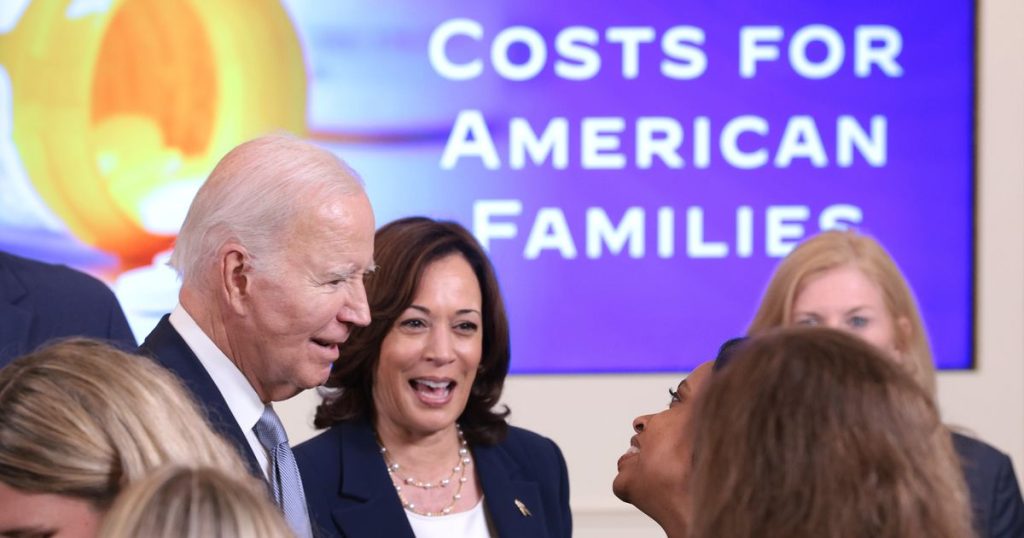The Biden administration is set to announce final prices for 10 prescription drugs covered by Medicare, marking a historic shift in drug pricing policy in the U.S. Negotiations between the federal government and pharmaceutical manufacturers under the Inflation Reduction Act have led to this change, which aims to lower costs for seniors and impact the pharmaceutical market. President Biden and Vice President Harris are expected to discuss these new prices on Thursday and highlight plans to extend the government’s negotiating power. The administration’s goal is to make medications more affordable for millions of seniors struggling with high drug costs.
While the negotiations only cover a limited set of drugs for now and the new prices won’t take effect until 2026, the impact on individual seniors and the Medicare program remains to be seen. The new negotiated prices will be lower than the official list prices, but the exact savings for seniors may vary depending on their specific circumstances and coverage. The Biden-Harris budget proposal includes measures such as a $35 insulin cap, inflation rebate, and $2,000 out-of-pocket cap on drug costs, all aimed at helping seniors afford their medications. The negotiation program is seen as an important milestone for Medicare and seniors, with the potential to expand to cover more drugs in the future.
The debate over drug pricing involves trade-offs between affordability for seniors and pharmaceutical innovation. Liberals argue that negotiating drug prices will help older Americans struggling with drug costs, while conservatives warn that reducing pharmaceutical revenue may hinder innovation. The Inflation Reduction Act’s impact on drug innovation is a complex and debated topic, with some analysts concerned about the potential effects on the development of new treatments. Political battle lines are drawn, with Republicans and some conservative Democrats opposing the government’s increased leverage over drug prices. The Heritage Foundation’s Project 2025 calls for repealing the negotiating power granted by the Inflation Reduction Act.
The political landscape surrounding drug pricing is further complicated by President Trump’s previous statements and actions on the issue. While Trump has criticized high drug prices and promised to negotiate with manufacturers during his 2016 campaign, he later opposed legislation similar to the Inflation Reduction Act when it was passed by House Democrats. Vice President Harris is likely to highlight Trump’s record on drug pricing to underscore her party’s commitment to lowering costs for Americans. The effectiveness of this argument depends on voter awareness and understanding of the changes underway in drug pricing policy. Moving forward, the administration aims to increase public awareness of the negotiation process and its potential impact on seniors and the healthcare system.


